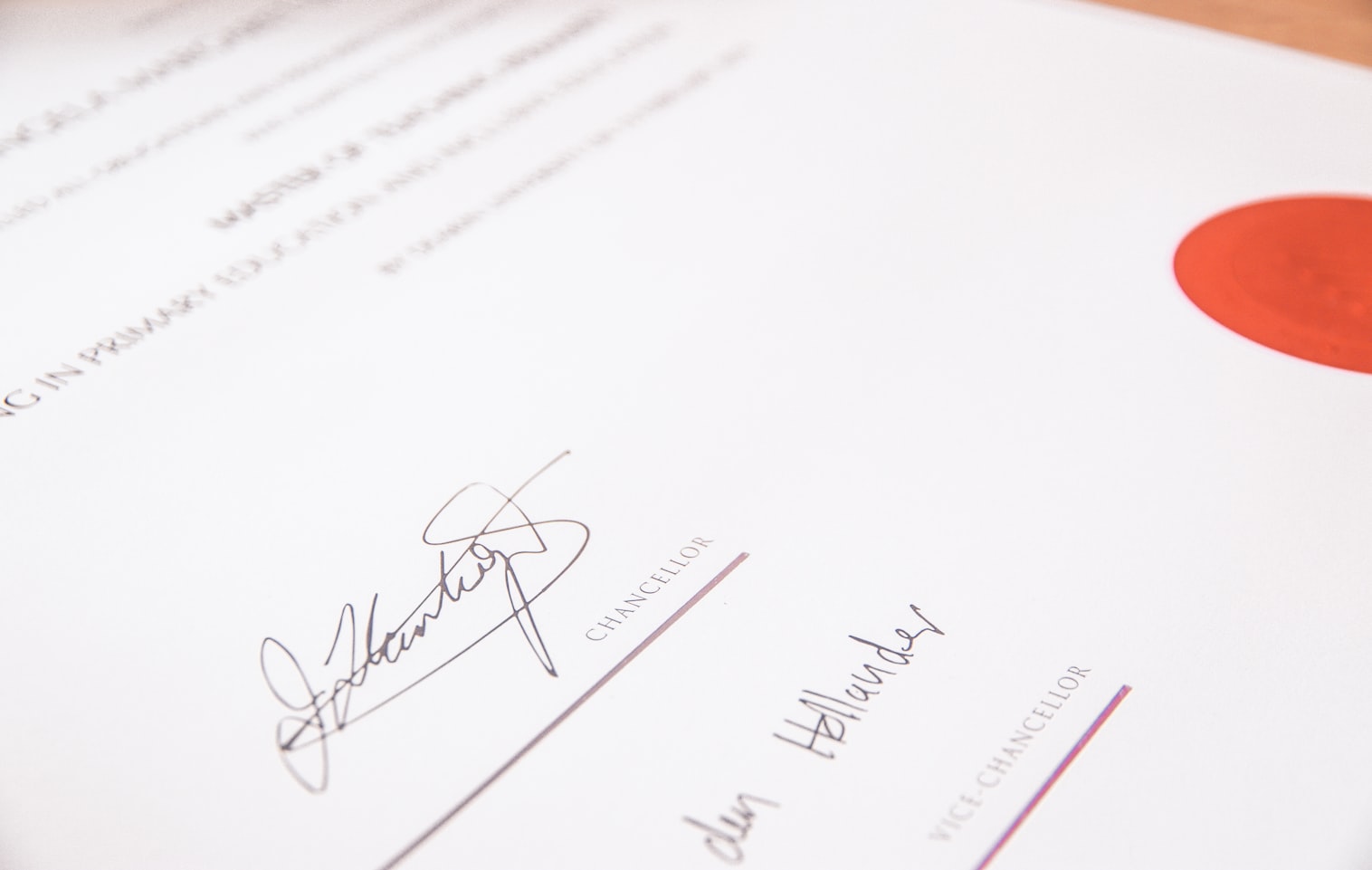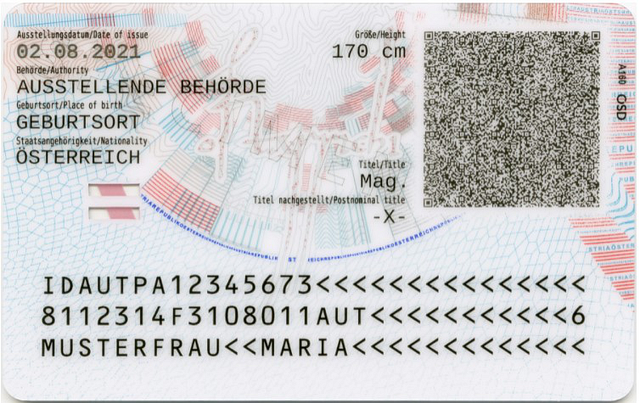Table of Contents
- Why Study in Austria?
- Types of Universities in Austria
- Language Requirements for Studying in Austria
- Required Documents for Bachelor’s Degree
- Required Documents for Master’s Degree
- Document Legalization Process
- Application Deadlines for Austrian Universities
- Scholarships and Funding Opportunities
- Austria Student Visa Requirements
- Residence Permit Process
- Steps After Arrival in Austria
- Final Tips for a Smooth Application
Why Study in Austria?
Austria is a top destination for international students due to its high-quality education, affordable tuition fees, and vibrant student life. The country is home to some of Europe’s oldest and most prestigious universities, offering a wide range of bachelor’s and master’s programs in fields like engineering, business, arts, and social sciences.
One of the biggest advantages of studying in Austria is the low tuition cost at public universities, especially compared to countries like the UK or the US. Additionally, Austria’s central location in Europe makes it an excellent base for travel and cultural exploration.
If you’re considering studying abroad in Austria, this guide will walk you through the student visa process, university admission requirements, and essential steps for relocation.

Types of Universities in Austria
Austria offers a mix of public and private universities, each catering to different academic interests. Here’s a breakdown:
1. Public Universities
- University of Vienna – Best for humanities, social sciences, psychology, and arts.
- Technical University of Vienna – Focuses on engineering, computer science, and architecture.
- University of Graz & University of Innsbruck – Offer a broad range of undergraduate and postgraduate programs.
Pros:
✔ Lower tuition fees (€700–€1,500 per semester for non-EU students)
✔ High academic reputation
Cons:
❌ Most programs are in German (requiring C1 proficiency)
2. Private Universities & Universities of Applied Sciences (Fachhochschulen)
- WU Vienna (Vienna University of Economics and Business) – Top choice for business and economics.
- FH Joanneum & FH Technikum Wien – Specialize in applied sciences and technical programs.
Pros:
✔ More English-taught programs
✔ Practical, industry-focused curriculum
Cons:
❌ Higher tuition fees (€5,000–€15,000 per year)

Language Requirements for Studying in Austria
Since most public university programs are taught in German, international students must prove their proficiency.
German Language Requirements
- A2 Level – Required for conditional admission (must complete a 1-year language course).
- C1 Level – Needed for direct entry into degree programs.
English-Taught Programs
For programs taught in English, you’ll need:
- IELTS (6.0–7.0) or TOEFL (80–100)
- A letter from your previous university confirming English as the medium of instruction.

Required Documents for Bachelor’s Degree
To apply for a bachelor’s degree in Austria, you’ll need:
✅ International passport
✅ WAEC/NECO results (minimum of 6 credits)
✅ Birth certificate
✅ German language certificate (A2 or higher, if applicable)
✅ Legalized academic documents (verified by the Ministry of Education, Foreign Affairs, and Austrian Embassy)
Required Documents for Master’s Degree
For a master’s degree application, prepare:
✅ Completed university application form
✅ Bachelor’s degree certificate & transcript
✅ WAEC/NECO results
✅ Proof of English/German proficiency
✅ Statement of purpose (SOP)
✅ Passport copy

Document Legalization Process
Before submitting documents to Austrian universities, they must be verified and legalized. Here’s how:
- Ministry of Education – Authenticates academic certificates.
- Ministry of Foreign Affairs – Provides further verification.
- Austrian Embassy – Final legalization (costs €80 per document).
- Verification Fee – A lawyer checks document authenticity (approx. €280).
Pro Tip: Some private universities allow document submission without legalization, saving time and costs.
Application Deadlines for Austrian Universities
- Winter Semester (starts in October) → Apply by March
- Summer Semester (starts in March) → Apply by October
Note: Deadlines vary by university—always check the official website.

Scholarships and Funding Opportunities
While Austria offers affordable education, scholarships are limited. Some options include:
- GRANTS.GR8 (for specific courses/genders)
- Erasmus+ Scholarships (for EU students)
- University-specific funding (check each school’s website)

Austria Student Visa Requirements
To apply for an Austria student visa, you’ll need:
✅ University admission letter
✅ Proof of financial means (€11,000–€16,000 per year)
✅ Accommodation confirmation
✅ Health insurance (travel insurance for the first 6 months)
✅ Police clearance certificate
✅ Passport & visa fee (€150)
Residence Permit Process
- Submit documents → Takes 3-4 weeks for approval.
- Apply for visa → Pay €150, attend an appointment.
- Flight booking confirmation → Needed for visa approval.
Once approved, your residence permit will be ready for pickup in Austria (costs €50).

Steps After Arrival in Austria
- Register your address at the local district office.
- Collect your residence permit.
- Open a bank account & get a SIM card.
- Complete university registration.
Final Tips for a Smooth Application
✔ Start early – Processing takes time.
✔ Double-check requirements – Each university has different rules.
✔ Ensure sufficient funds – Avoid visa rejection due to financial issues.
✔ Learn basic German – Helps with daily life and integration.
Conclusion
Studying in Austria is a life-changing opportunity with excellent education and cultural exposure. By following this guide, you can navigate the student visa process smoothly and start your academic journey in Austria.
Need more details? Contact Us for personalized guidelines.


